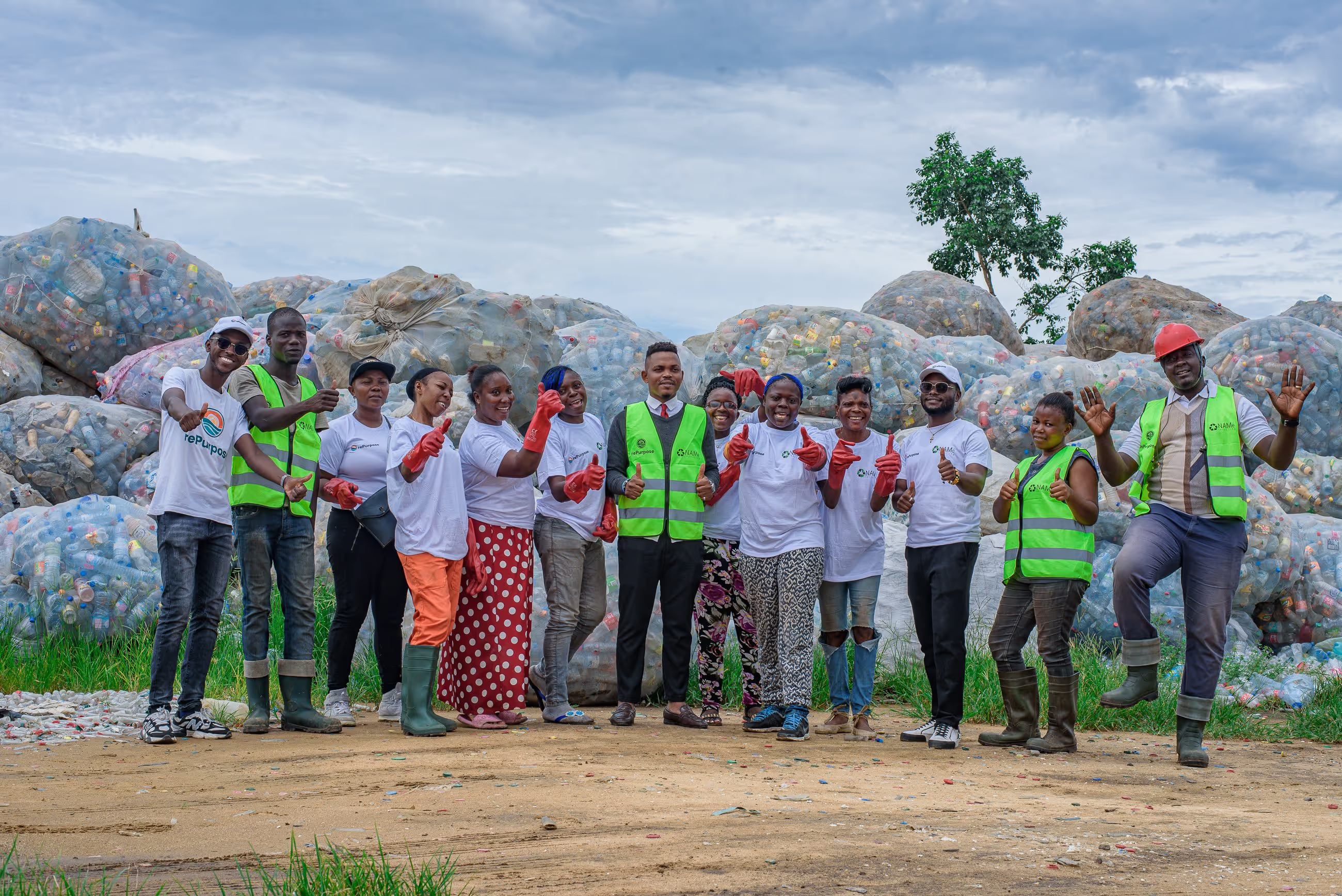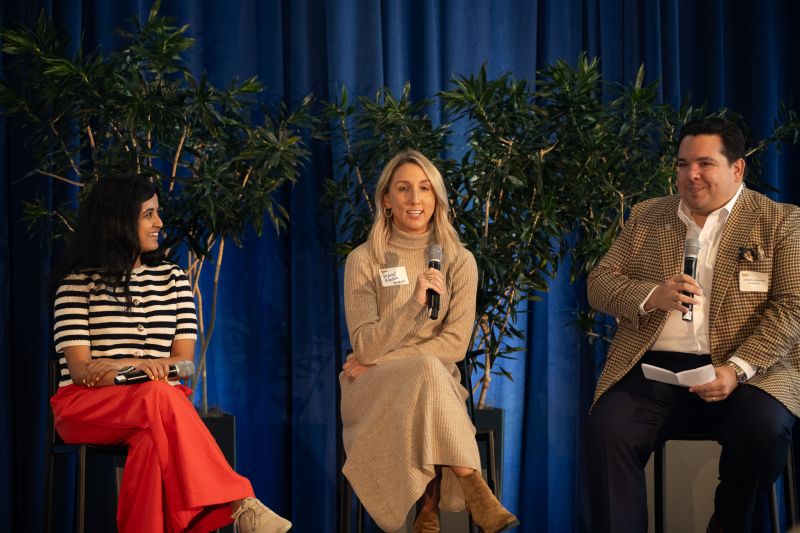The Engine Behind VPR: rePurpose Global’s Impact Projects
The engine that delivers VPR (Verified Plastic Recovery) and impact beyond that is rePurpose Global’s Impact Projects across the world.
The team runs 13 unique, proprietary projects (as of April 2023) in Colombia, Cameroon, Kenya, India and Indonesia. Each project has a different set of local circumstances, different plastic waste challenges, and different local governments and regulations to work with.
For example, Project Sada Shakti (see video) was created to tackle the rising challenge of mismanaged waste in Bengaluru, India. With a rapidly populating city, local government capacity is strained, and people find uninhabited land - including the city’s many lakes - to dump their household waste.
Project Sada Shakti is operated with Saahas Zero Waste, a local waste management organization, and Town Municipal Councils, to solve this problem. The project supports existing municipal collections and local dry waste collection centers operated by micro-entrepreneurs to ensure waste material streams are sustainably and ethically managed. The plastic targeted for impact is multi-layered plastics and other low value plastics.

Project Laut Yang Tenang is another example of a rePurpose Global Impact Project. This project fights plastic pollution in Indonesia – one of the world’s largest contributors to ocean plastic. Operated in collaboration with a local waste management organization, Waste4Change, the project engages with existing networks of informal waste workers. The project has improved door-to-door collection services, and enhanced local waste-banks to enable collection and recycling of low-value, flexible LDPE and HDPE plastics.
The project incentivizes the collection and ethical recycling of these plastic types, which are otherwise ignored by local waste collectors due to low market value. Recycled plastics are made into transportation pallets, bringing the plastic back into use.
Beyond Plastic Recovery: Social and Environmental Impact
There is much more to running impact projects than plastic recovery. Some projects bring improved waste management services to people, some protect habitats, some protect ocean coastlines, and some bring infrastructure and scalable systems to islands.
All projects empower waste workers and communities, and have protocols around the creation of social impact. Plus the mix of technological solutions, system implementation, training, and auditing that’s required to ensure transparent and verifiable impact data is maintained for all activities.
Through our projects rePurpose Global – and our coalition – have prevented more than 25 million kg of plastic from becoming pollution. That’s over 56 million lbs, and the equivalent of around 1.4 billion plastic water bottles that were recovered instead of polluting natural ecosystems, or around 5 billion plastic shopping bags. (Data true in March 2023).
This has been achieved since rePurpose Global began running a small number of impact projects to recover plastic in 2019. The number increases everyday. In fact, 2023 was our most impactful year yet. Our projects collected and recovered over 14.7 million kg (32.5 million lbs) of nature-bound plastic waste in 2023.
rePurpose Global’s impact projects protect coastlines and other ecosystems in Indonesia, India, Kenya, Cameroon, Colombia, and the Dominican Republic (new project being onboarded). These regions include the homes of precious coral reef systems, river estuaries flowing through biodiverse national parks, whale birthing sanctuaries, and - no less importantly - human habitation.
As a result of our VPR work at least 1 million people experience improved waste management services in their region every day.

And, in 2023 alone, over 2,300 waste workers were supported through the projects, with fairer incomes, safer jobs, and more dignified work. Almost two-thirds of these workers are female (64%), and benefit from rePurpose Global’s stringent equality and female empowerment protocols.
This has all been made possible thanks to the support of over 500 brand partners, as well as a wide ecosystem of supporters, advisors and experts.
VPR with rePurpose Global empowers businesses, communities and waste workers; provides fairer opportunities for women in the sector; creates cleaner communities; and protects vulnerable ecosystems on land and in the ocean.



.avif)
.avif)
.avif)






